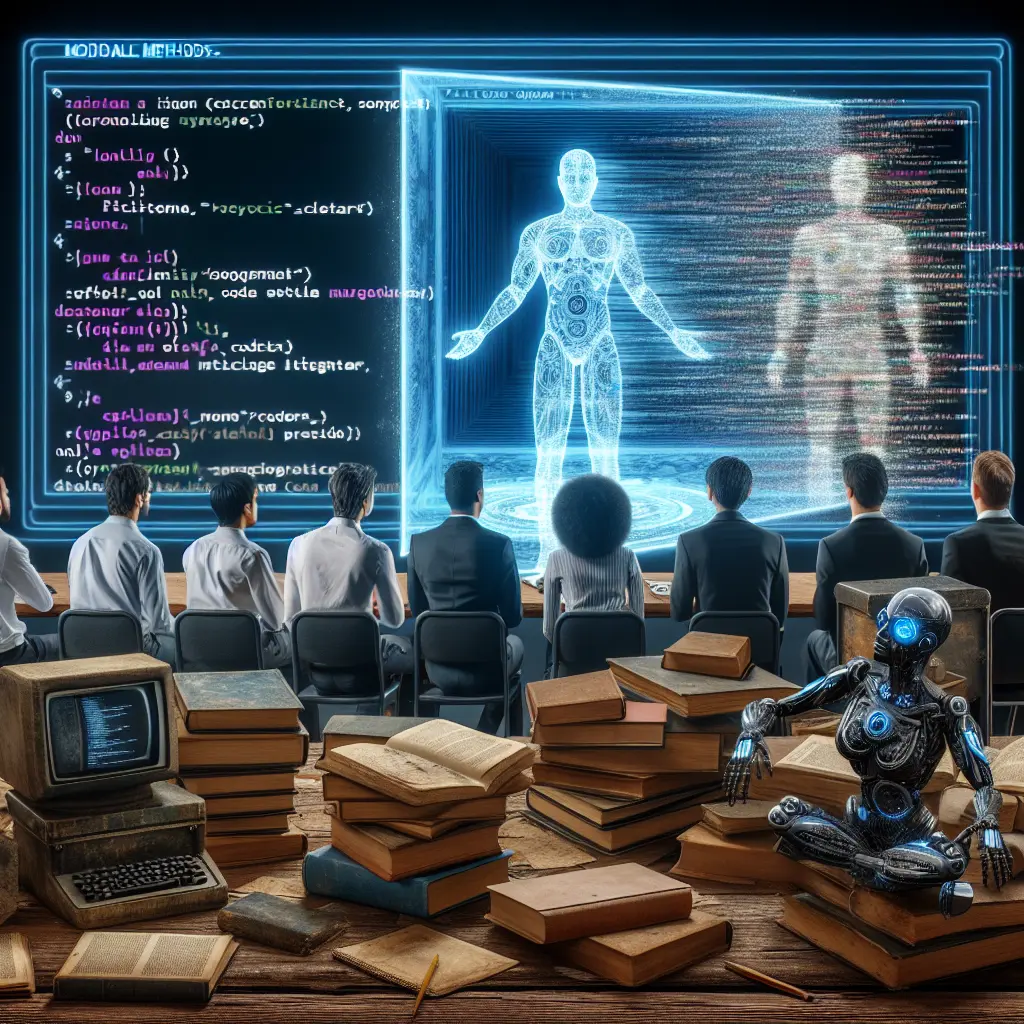The Future of Quantum Computing in Software Development
As we stand on the cusp of a technological revolution, quantum computing promises to redefine the landscape of software development. This cutting-edge technology holds the potential to solve complex problems that are currently beyond the reach of classical computers, impacting various domains. In this blog post, we explore the dynamic future of quantum computing in software development, integrating recent technological trends and insights from the industry.
Quantum Computing Meets AI: A Synergistic Future
The convergence of quantum computing and artificial intelligence (AI) is poised to revolutionize software development. Companies like OpenAI are pioneering AI assistants that not only write code but also debug, organize, and critique it. These AI-powered tools significantly enhance the capabilities of quantum software developers, enabling them to tackle complex quantum algorithms with greater efficiency and precision.
The rise of AI in coding echoes a shift in the software development workforce. As AI reduces the need for traditional coding roles, software engineers are encouraged to evolve beyond being mere "code monkeys" (source: TechCrunch). This shift underscores the necessity for continuous learning and adaptation, skills that will be invaluable in the quantum computing era.
Quantum Computing Applications: Unleashing New Possibilities
Quantum computing applications are rapidly evolving, offering unprecedented opportunities across various domains. From revolutionizing cryptography to optimizing complex systems and enhancing artificial intelligence, the potential impact of quantum computing is vast. Tech giants such as Google and IBM emphasize the transformative potential of quantum technology in reshaping 92% of ICT jobs, highlighting the need for upskilling to prepare for this new technological wave (source: Wired).
Case Study: Dell's Quantum Integration Strategy
Dell's strategic pivot towards AI and quantum computing serves as a compelling case study. By integrating quantum computing technologies into its operations, Dell aims to enhance staff efficiency and job fulfillment. Although some workers remain skeptical, Dell's commitment to leveraging AI alongside quantum advancements illustrates the profound changes underway in the tech industry (source: Bloomberg).
Overcoming Quantum Computing Challenges
Practical Solutions: AI-Assisted Software Delivery
While the potential for revolutionary breakthroughs is immense, so are the challenges associated with harnessing quantum computing advancements. Understanding the intricate dynamics of quantum computing research is crucial for its successful adoption. As highlighted by Signal developer Moxie Marlinspike at Black Hat 2024, early encryption tools struggled due to their user-unfriendly design—a cautionary tale for those integrating quantum computing into software development (source: The Verge).
To address these challenges, focusing on creating user-centric designs and intuitive interfaces for quantum computing applications is vital. This approach ensures that both technical and non-technical users can harness the benefits of quantum technology effectively.
AI-assisted software delivery offers practical solutions to some of these challenges. Thoughtworks' use of AI in onboarding developers to legacy codebases exemplifies how AI can streamline processes and facilitate smoother transitions into quantum computing environments (source: Thoughtworks Blog). This integration boosts productivity and helps developers adapt to the complexities of quantum programming.
Quantum Computing Opportunities and Innovations
As the field matures, exploring quantum computing opportunities will play a pivotal role in determining how these nascent technologies are adopted and utilized. Recent innovations like Microsoft's serverless fine-tuning for its Phi-3 small language model demonstrate how tech companies are adapting their offerings to incorporate quantum capabilities seamlessly (source: TechRepublic).










Leave a Comment